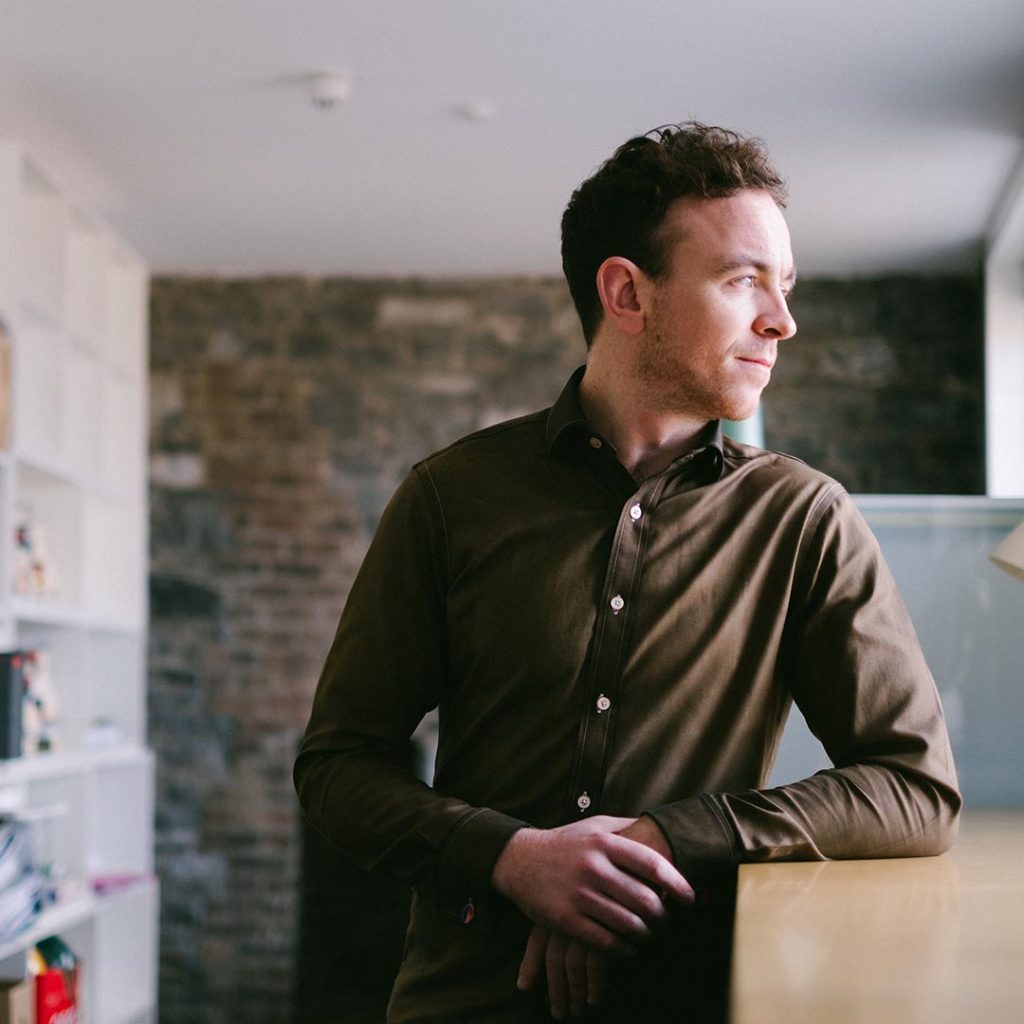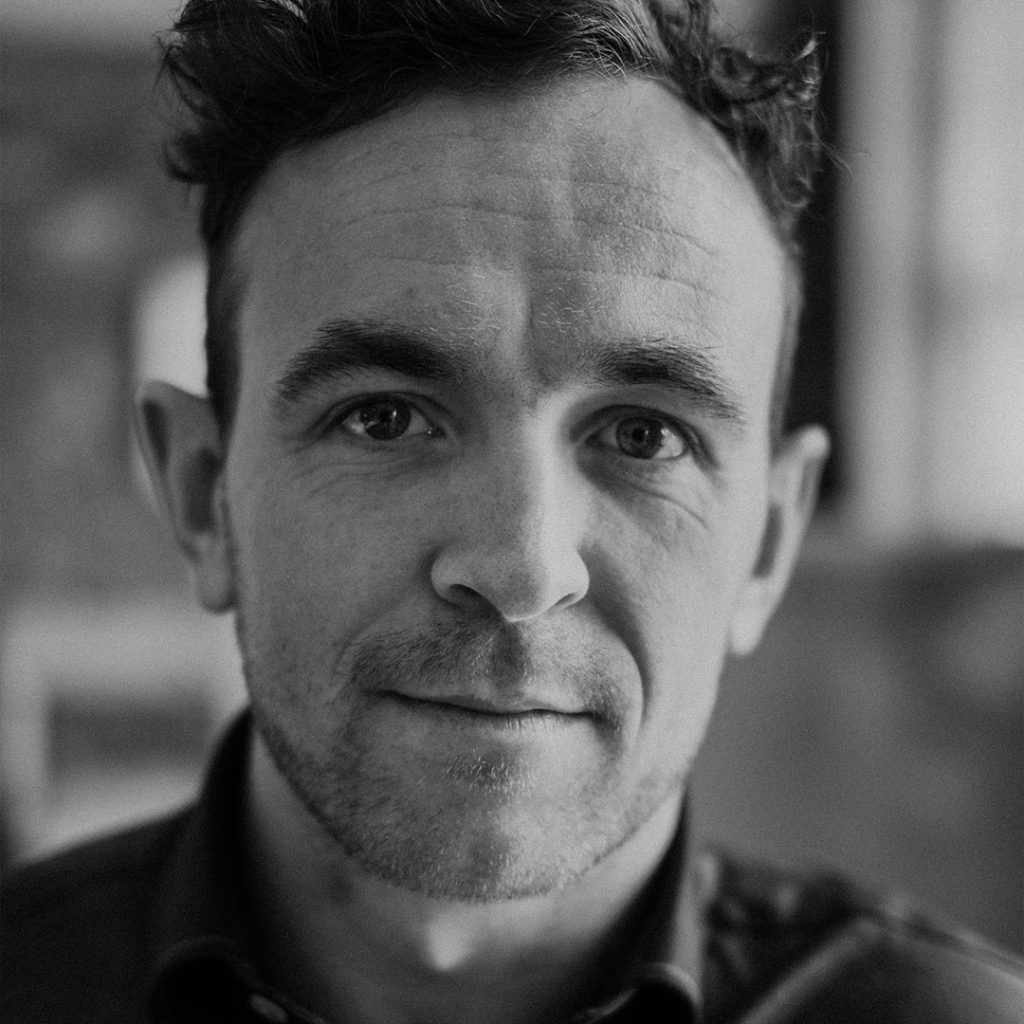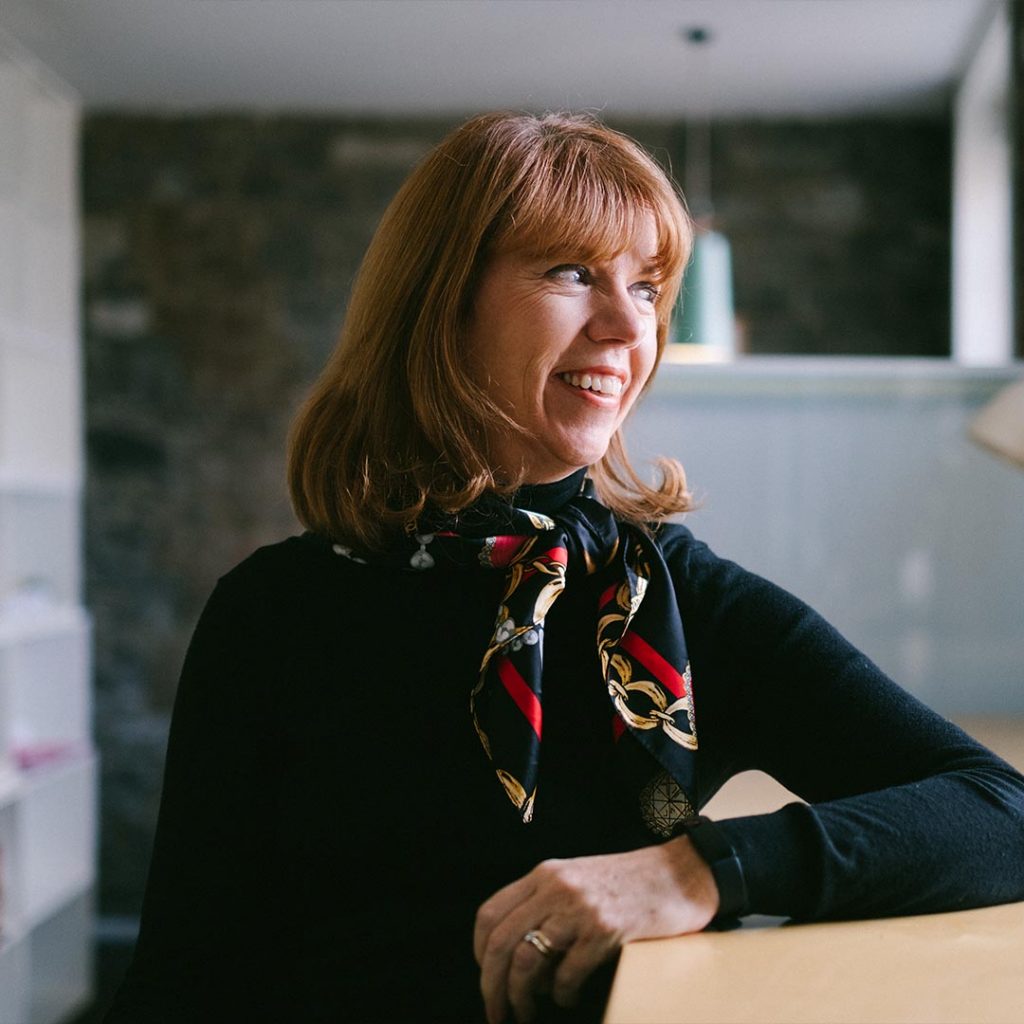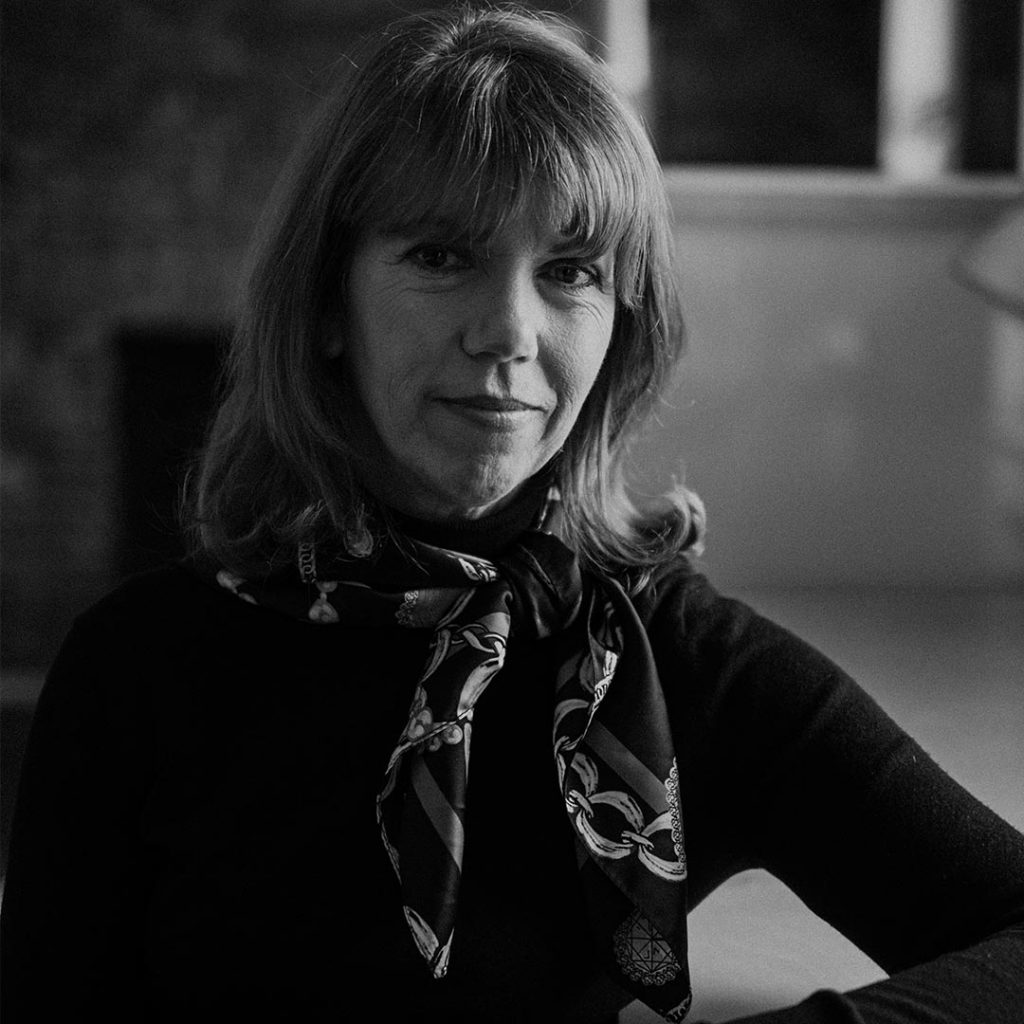As part of Why Design 2019 we encouraged those working with design in Ireland to commit to a pledge of their own creation. This year we are re-visiting some of those people to assess the changing landscape. Here we chat to some of the remarkable people working in M.Co to see how their commitment to their pledge went and to continue the conversation around gender in design going forward.

Harry Seymour.
Project Manager.
Last year you took our WhyDesign gender balance pledge, can you remember what you pledged?
I pledged to always appreciate diversity in the workplace. I think this was because the gender balance at all levels of M.CO is currently quite even and has been consistently so in the years that I have worked here. For me, it’s about sustaining what exists and being more proactive about sharing this positive perspective among peers beyond my own office in any way I can. Simply put, gender diversity is one of the key contributing factors to my positive work experience, particularly in collaborative endeavours, and there is good reason to keep it this way.
How has taking the WhyDesign gender pledge in 2019 made you think or rethink the topic of gender balance in your industry?
Doing the gender pledge gave me an opportunity to step back and gain a new, more informed perspective on the topic of gender diversity in my industry. With a diverse office environment being the default for me, I was prompted to consider, hypothetically, what issues might manifest in my own office if there was a lack of gender diversity, but also what real issues are being manifested in the industry at present. I was surprised to learn that the proportion of females in the design industry is a mere 25%, which is blatantly indicative of a need for change. A new understanding of the need to enact real, self-evident change in this area is the main thing I will take from my gender pledge.

What do you think needs to happen in order for the gender gap to close?
I think that there needs to be a universal shift of perspective, to employers valuing people for their talent, hard work and ambition regardless of their gender.

Richie Jermyn.
Project Manager.
How important do you think gender balance in the creative sector is?
Gender balance and diversity enable the best talent to come to the fore; when everyone has the same opportunities to progress, collaborate and influence.
The design industry in Ireland is made up of less than 25% females, does this surprise you?
Yes, our company actually has a 60% female 40% male split and I would have thought the design and creative industries were better gender balanced.


Dee Conroy.
Director.
What pledge did you take?
I pledged to celebrate women’s successes. I also pledged to encourage women to be aware of imposter syndrome.
Have you been aware of your pledge over the last 12 months?
Awareness is hard, we get caught up in the day to day and forget sometimes but I have been more aware of it. And the rise in gender pay gap discussions going on allow me think more about it more too.
What do you think can be done about the gender imbalance?
Our own company is very progressive, but I know a lot of companies aren’t. Our CEO is female, I think that helps. The gender balance comes from the women leaders who believe in women. I think unconscious bias is a huge factor in companies, we’re all guilty of it, women and men. I think a lot of training should go on around this topic too. People believe data. If there is gender diversity in a company then the company is going to be more successful. That piece of data will motivate people.
Education, training and data are key to making the changes required in the industry. I’ve worked in change management for a long time and the data piece is huge. And policy of course too. And affordable childcare and parental leave are a huge consideration too.









